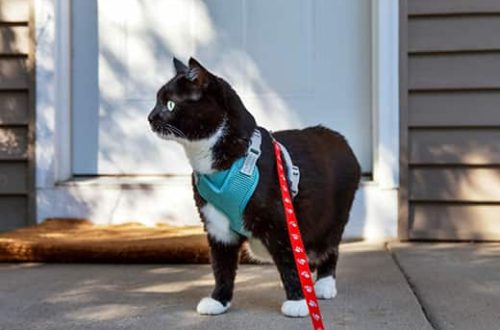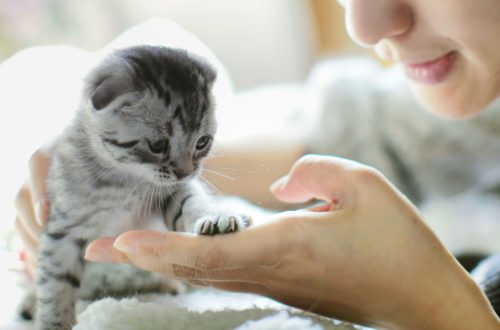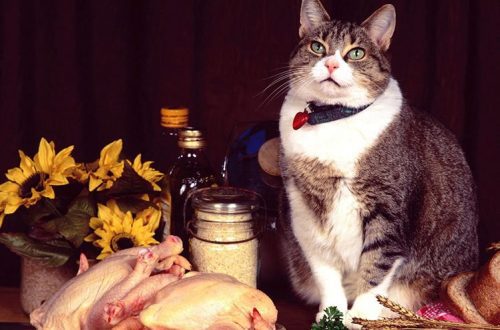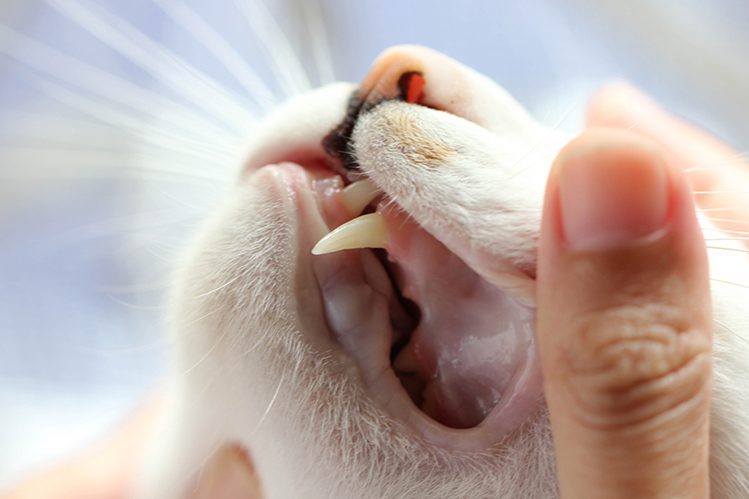
Why does a cat’s mouth smell?
Breath odor can be noticed in any cat. It does not depend on the breed or age of the pet. Let’s figure out what smell from the mustachioed-striped mouth can be considered normal, and which one indicates the need to consult a veterinarian.
A mustachioed domestic predator cannot but smell of anything. This is a cat, a representative of the fauna.
Some breeds, due to the structural features of the muzzle, smell a little stronger. These are, for example, Persians, exotics, Scottish and British cats. Sphinxes may not smell too pleasant because of their caustic gastric juice. Maine Coons and Abyssinians are prone to inflammation of overgrown gum tissue, and this can cause bad breath.
Mild characteristic feline breath is normal. In the oral cavity of every cat there is a beneficial microflora – aerobic bacteria. They are important for the health of the cat, but their work can lead to the formation of bad breath.
If a cat develops bad breath after eating something tasty, this is not unusual. But if the smell of food lasts for a long time, everything is not going smoothly. A sharp, strong smell from the mouth is a signal of a change in the condition of the pet.
Try examining your teeth and mouth. If your pet resists, you can gently block his movements by wrapping the cat in a large terry towel. It is better to wear gloves on your hands. Carefully inspect the teeth, gums, tongue, palate, cheeks – the entire oral cavity. Perhaps something will catch your attention and clarify the situation.

- Tooth stone.
Plaque, which later develops into tartar and gum disease, can cause bad breath.
You may notice plaque and tartar during a home examination of your pet’s mouth. The main thing is to remove plaque in a timely manner and treat tartar before complications begin and the gums become inflamed. The sooner you start treatment, the more effective it will be.
- Change of teeth.
The smell from the mouth in cats under one year old can be associated with a change of teeth. Milk teeth begin to fall out and give way to molars from about 3-4 months. This process will be completely completed by 8 or even 10 months, depending on the breed.
Changing teeth can be accompanied by pain and local inflammation. Hence the smell. It will pass by itself when all the teeth of the young cat will change. In the meantime, the owner should pamper the kitten with toys that facilitate teething.
Examine the kitten’s mouth. Are there any wounds and injuries on the mucous membranes? If you notice anything suspicious, contact your veterinarian. The intervention of a veterinarian may be required if the gums are severely inflamed or if the baby tooth has not fallen out in time. It can interfere with the normal growth of other teeth and prevent the pet from eating.
- Incorrect food.
Incorrectly selected food and a poor-quality product accidentally eaten by a pet may well cause bad breath. If a cat refuses to eat, if she has problems with stool, then the time has come to reconsider the diet of a four-legged friend.
- Injuries of the oral cavity and teeth.
Observe your pet’s behavior. If the cat tries to chew food with one side of the jaw, it may be painful for her to chew on the other side. If a cat has a toothache, she tilts her head to one side, rubs the sore spot on the furniture. In such cases, take your pet to the veterinarian immediately.
It is possible that the problem is in the condition of the mucosa, and not in the teeth themselves. Ulcers on the mucosa can talk about calicivirus, an infectious disease. Inflammation can be caused by a small foreign object stuck in the pet’s mouth: thread, fishing line, etc.
A veterinarian should make a diagnosis, provide medical care to the pet and prescribe treatment in these cases.
- Diseases of the internal organs.
If the cat’s breath is extremely unpleasant, but the condition of the teeth and oral cavity does not cause concern, the reason may be deeper.
– The smell of acetone from the cat’s mouth may indicate diabetes.
– Ammonia smell gives reason to suspect kidney failure.
– Diseases of the nasopharynx. Often, halitosis accompanies the appearance of polyps in the nasal cavity. It is enough to remove them, and the smell will disappear.
– Infection with helminths. In this case, it will be enough to carry out deworming.
You don’t have to be afraid beforehand. Bad breath can be caused by simple stress. An experienced veterinarian can guess by the nature of the smell from the mouth what kind of ailment it is, and will refer you for additional tests and examinations.
How can you help a pet on your own, before going to the doctor? If there is an injury, treat the wounds with an antiseptic. Do not self-medicate, as you can only aggravate the condition of your four-legged friend.
Complete dental care is:
proper nutrition: high-quality food and dental treats,
dental toys: these are special toys for fighting plaque and bad breath,
brushing teeth with a special brush and paste for cats,
regular home examinations of the oral cavity,
preventive examinations by a veterinarian.
Teach your kitten to grooming procedures from an early age so that brushing and examining teeth does not become an unexpected stress in adulthood.
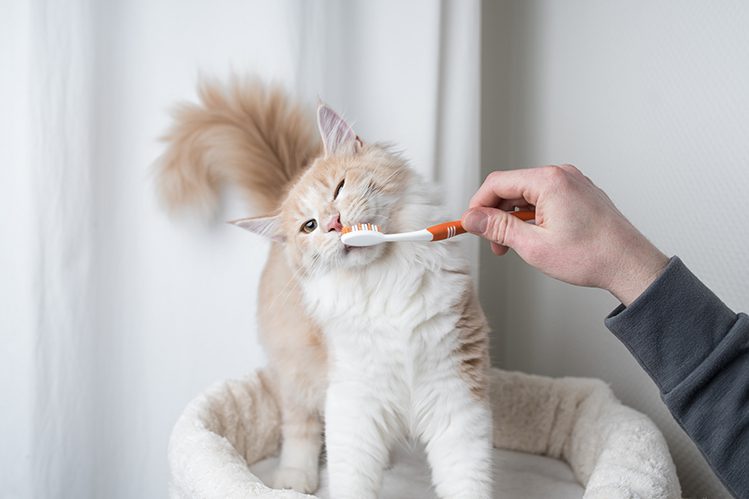
The condition of the pet’s oral cavity should always be kept under control. Dentistry is an expensive field. The sooner you identify the problem and start treating it, the easier it will be to deal with it.
Whatever the cause of bad breath in a cat, it is important to start solving the problem in time. We wish health to your pets!



